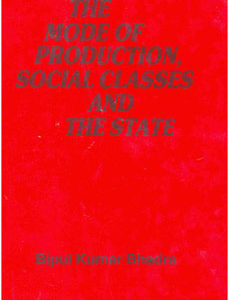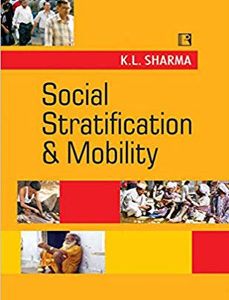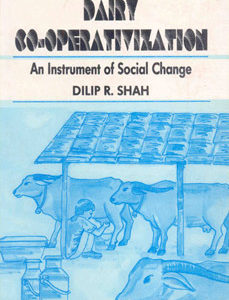FAITH MOVEMENTS AND SOCIAL TRANSFORMATION: Guru Charisma in Contemporary India
₹1,195.00 Original price was: ₹1,195.00.₹956.00Current price is: ₹956.00.
25 in stock
This book examines the role of Hindu-inspired Faith Movements (HIFMs) as actors in social transformation. HIFMs have emerged as important actors in the modern civil society. In the contemporary Indian neo-liberal and postmodern scenario, HIFMs realize themselves by making public assertions through service or seva. Four pillars of HIFMs’ contemporary presence are: gurus, sociality, hegemony and social transformation. Gurus, who spearhead these movements, create a matrix of possible meanings in their public discourses. This allows their followers to pick up the required ingredients that aid transformation. Sociality, the tangible part of which is social service, is essentially seen as one core strategy of proliferation across HIFMs. Social sevice of the HIFMs spans and accommodates several domains. Service is further qualified by memories of the guru or his/her expansive agency. Remembrance of the guru is a catalyst for social action and demonstrates a preference for principles such as human rights, peace and justice, which the gurus are believed to embody. Hegemony is reflected in the fact that HIFMs’ social service ominously foreshadows the Hindutva doctrine. HIFMs essentially propose a model of Hindu-inspired social transformation, which proposes a redeeming intervention of faith building into and transforming the civil society.
In this book …
• Introduction: Gurus, Sociality, Hegemony and Social Transformation
• Guru Agency: Combining Charisma, Teachings and Proliferation
• Faith Movements: Negotiating State, Market and Civil Society
• Faith Networks: Interplaying Social Issues, Action and Service
• Faith in Practice: Tangibility of Social Service
• Faith Trappings: Shades of Hegemony and Hindu Nationalism
• Transformational Actors: Private and Public Agendas
• Actors in Social Transformation: Deliberating on a Mode
| Author's Name | |
|---|---|
| Binding | |
| Release Year | |
| Language | |
| Publisher |
Related products
Sociology
Sociology











